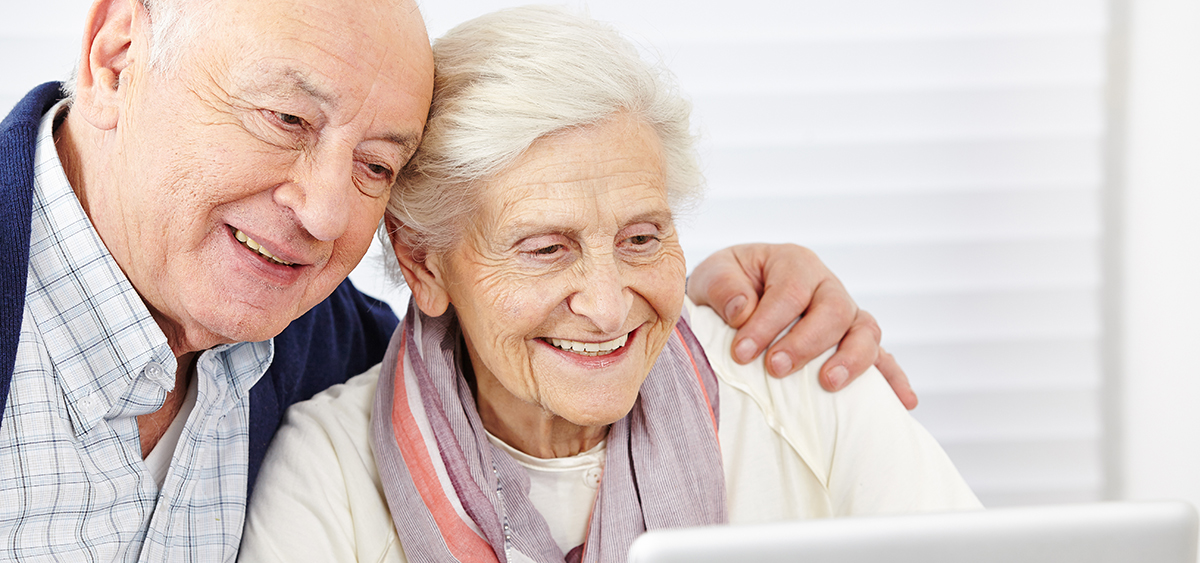The most vulnerable among us can be easy targets for harmful behaviour. That’s why the law provides different forms of protection, in particular for seniors.

What is exploitation?
The Quebec Charter of Human Rights and Freedoms provides that elderly people have the right to be protected against all forms of exploitation. But what exactly is exploitation?
Exploitation means taking advantage of a vulnerable or dependent person in a way that harms that person. Exploitation can be financial, physical or emotional. It can happen within the family or at the hands of someone outside the family, for example, an employee of a hospital or a senior’s residence.
Here are situations that might be considered exploitation:
- Getting money from a person using force or threats
- Preventing someone from receiving visitors, communicating with relatives and friends, or receiving mail
- Misusing a power of attorney. A power of attorney is a document giving someone the right to do certain things on your behalf. To learn more, read our article Powers of Attorney.
- Selling or taking someone’s belongings without permission
- Pressuring someone into changing legal documents, such as a will
- Neglecting a person’s needs for proper housing, clothing, nutrition, medical care, etc.
- Verbal attacks and threats
- Imposing medical care against the will of an elderly person
How can I protect myself from being exploited?
You can take practical steps, such as not giving anyone your bank and credit card information. You can also take these legal steps to protect yourself:
- While you are in good health, create a protection mandate (used to be called mandate in case of incapacity). This is a legal document naming a person (or persons) you trust to make decisions for you if you become unable to make them for yourself.
- If you gave someone a power of attorney and think it was misused, you can cancel it at any time. A power of attorney is a document giving someone the power to do some things on your behalf, such as withdraw money from a bank account. Unlike a protection mandate, a power of attorney only applies while you are still capable of making decisions. If you do decide to cancel a power of attorney, make sure to notify the appropriate people or institutions, such as your bank.
- While you are in good health, make a will that says who will inherit your property after your death.
If I or someone I know is a victim of exploitation, what can I do?
There are several places you can turn:
You can contact the Commission des droits de la personne et des droits de la jeunesse (human rights and youth rights commission) at 1-800-361-6477. The Commission is an organization that makes sure the protections in the Quebec Charter of Human Rights and Freedoms are respected. The services of the Commission are free.
The Commission has a special team dealing with exploitation of the elderly, so ask to speak to a member of this team.
If you are a relative, friend, neighbour, volunteer or someone else who knows the elderly person, you should know that you don’t need the victim’s consent to alert the Commission.
If it appears there has been exploitation, the Commission will investigate the situation. This investigation involves speaking to the people involved to get their versions of the facts.
The Commission will work with everyone concerned to try to improve the situation. If necessary, the Commission will work with other groups, such as health and social service agencies, to put in place support measures for the elderly person. During an investigation, the Commission can inform the Public Curator that the person seems to be unable to take care of themself and requires protection.
If no agreement can be reached, the Commission can ask a court to order emergency measures to protect the elderly person. If the person is a victim of physical violence, the Commission can also report the situation to the police.
You can also call Aide Abus Aînés, a bilingual, confidential help line and referral service for seniors who are victims of exploitation, abuse or neglect, and their families, friends, neighbours and the general population. Call either 1-888-489-2287 or 514-489-2287 in Montreal.
You can contact your local CLSC (community services centre). Click on the link or see your phone book for the CLSC in your area.
What can I do if I or someone I know is the victim of physical violence?
This is usually a matter for the police. If it is urgent, call 9-1-1. In communities not served by 9-1-1, the number is 310-4141. For those using a cell phone, the number is *4141.
You can also call these places:
- A Crime Victims Assistance Centre (CAVAC): These are organizations that help crime victims and their families. It is not necessary to file a complaint with the police to use their services. Services are provided by professionals and are confidential and free of charge. Call 1-866-532-2822.
- Your local CLSC: Click on the link or see your phone book for the CLSC in your area.
- Aide abus aînés: A bilingual, confidential help line and referral service for seniors who are victims of exploitation, abuse or neglect, and their family members, friends, neighbours and the general population. This is a provincial government service. Call 1-888-489-2287 or 514-489-2287 in Montreal.





